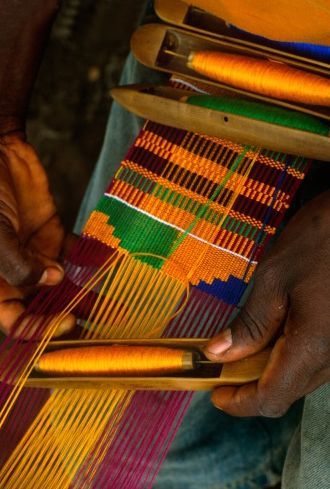Texas Law Schools Fight for ABA Accreditation

The Texas Supreme Court is currently deliberating a significant policy change that could impact the state's legal education landscape: potentially discontinuing the American Bar Association (ABA) accreditation requirement for public law schools. This consideration, which involved a public comment period concluding on July 1, has ignited considerable discussion within Texas's legal academic community, particularly among the deans of its ABA-accredited law schools.
A collective of eight deans from Texas's ten ABA-accredited law schools has formally petitioned the state's highest court to uphold its reliance on ABA accreditation for both law schools and subsequent licensure eligibility. In a unified letter addressed to the Texas Supreme Court, these deans articulated robust support for the prevailing system, highlighting its numerous advantages. They underscored that ABA accreditation offers a vital, nationally recognized framework that ensures quality assurance and transparency in legal education. Furthermore, they emphasized that this accreditation is crucial for the portability of licensure, a critical factor for graduates aiming to practice law across all 50 states, thereby providing essential career flexibility. The deans also pointed to the ABA standards' role in consumer protection and public accountability through their disclosure mandates, asserting that this foundational level of educational quality directly correlates with higher bar passage rates and improved employment outcomes for law school graduates.
Although the Texas justices did not explicitly state their motivations for re-evaluating the ABA accreditation requirement, the deans' letter subtly referenced a recent development within the ABA itself. They noted that the ABA had suspended its Diversity, Equity, and Inclusion (DEI) standards—a decision initially announced in February and subsequently extended through August 31, 2026. The deans suggested that this suspension allows for the revision of the DEI Standard's language to align with federal constitutional law and Texas state law, which prohibit certain DEI practices at state universities. This adaptive measure, they implied, might alleviate some potential concerns regarding the ABA's regulatory oversight.
However, this unified stance is not shared by all prominent legal educators in Texas. Notably, Robert Chesney, the dean of the University of Texas School of Law, and Robert Ahdieh, the dean of Texas A&M University School of Law, did not endorse the collective letter. In his separate, nine-page submission to the state Supreme Court, Dean Chesney advocated for exploring "alternative" pathways to establish law school standards. His rationale for this alternative approach was to foster "innovative, lower-cost approaches to legal education," suggesting a desire to broaden access to legal studies or alleviate the financial burden associated with them. Dean Ahdieh, while not signing the group letter, communicated to Reuters his primary concern that, irrespective of the court's ultimate decision on ABA accreditation, it is "critical" that law degrees earned in Texas maintain their portability, ensuring graduates' ability to practice nationwide. The ongoing deliberations by the Texas Supreme Court signify a pivotal moment for legal education and licensure within the state, as it seeks to balance established quality assurance with the potential for innovation and accessibility.
You may also like...
Africa's Silent Killer: Unmasking the Looming Non-Communicable Disease Crisis

Beyond infectious diseases, Africa faces a silent killer: surging rates of diabetes, hypertension & cancer. Uncover this...
OPINION: WHY KINDNESS IS NO LONGER ENOUGH IN TODAY'S WORLD

In a world overwhelmed by injustice, violence, and performative virtue, kindness has been reduced to aesthetics and slog...
From Drumbeats to Downloads: How African Storytelling Evolved Through Music and Media

From village griots to viral podcasters, discover how African storytelling has evolved through music, film, and digital ...
Textiles, Trade, and Transformation: How African Fabric Became a Global Business Icon
(1).jpeg)
Discover how African textiles, from Ghana’s Kente to Tanzania’s Khanga, evolved from ancient trade goods to global fashi...
Why A Company's Networth Doesn't Predict Success in Africa

There’s a familiar buzz every time an African startup announces a big funding round—“$80 million secured!” It feels like...
We Were Never in Leaves: An African Loom & the Civilisation We Wove

Before colonialism, African communities had thriving textile cultures, complex weaving traditions, and rich cloth econom...
Revving into the Future: Nigeria’s Formula 1 Dream Inches Closer
.jpeg)
Nigeria is accelerating toward a historic milestone with plans to host West Africa’s first Formula 1-standard racing fac...
If You’re a Gamer, Then Morocco Is Building the Ideal Country for You
.jpeg)
Discover how Morocco is transforming into a digital hub, where gaming meets cultural expression, innovation, and youth e...



